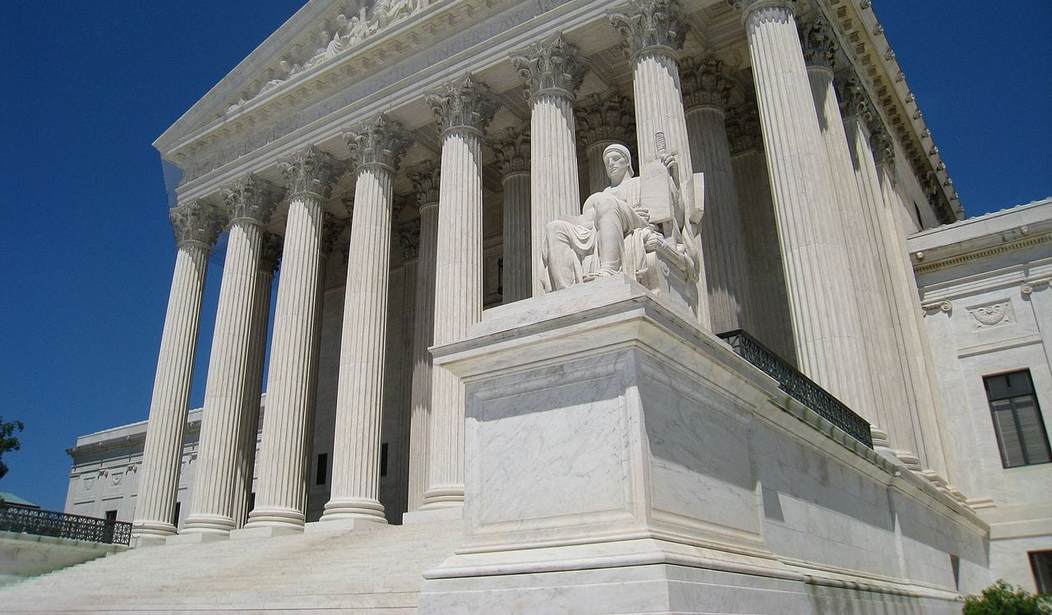On Thursday, the U.S. Court of Appeals for the Second Circuit dismissed New York City’s lawsuit against Chevron, ConocoPhillips, ExxonMobil, Royal Dutch Shell, and BP. New York sought to penalize these oil companies under New York State’s “nuisance law” for contributing to global warming by selling fossil fuels — even though the city acknowledged that selling oil was perfectly legal. Ironically, a major court victory for green activists that dates back to 2007 ended up destroying New York City’s legal case, 14 years later.
“The Second Circuit decision in City of New York v. Chevron et al. is rich with irony. As it turns out, climate activists and Democrat states preempted New York City’s lawsuit against Big Oil by convincing SCOTUS 14 years ago to allow EPA to regulate greenhouse gases in Massachusetts v. EPA,” Steve Milloy, a former Trump-Pence EPA transition member and founder of JunkScience.com, said in a statement.
“Climate activists have since tried to take down Big Oil with the #ExxonKnew campaign. Looks like the #ActivistLawyersShouldHaveKnown that the political question of regulating greenhouse gases has already been decided,” Milloy quipped.
Indeed, the Second Circuit cited Massachusetts v. EPA (2007) multiple times in ruling against New York. In his ruling, Judge Richard Sullivan noted that the Environmental Protection Agency (EPA) “was established in 1970 to implement programs to regulation pollution from both mobile and stationary sources under the Clean Air Act and other related statutes, … a role which was later interpreted to include the regulation of carbon dioxide and other greenhouse gases, see Massachusetts v. EPA.”
“Global warming presents a uniquely international problem of national concern,” Sullivan wrote. “It is therefore not well-suited to the application of state law.”
The New York case hinged on whether or not the supposed climate harms of carbon emissions fell under state or federal jurisdiction, and Massachusetts v. EPA firmly placed them under federal jurisdiction.
Under the George W. Bush administration, the EPA argued that it lacked authority under the Clean Air Act to regulate carbon dioxide and other greenhouse gases for climate change purposes, and that even if it did have such authority, it would decline to set emissions standards. The states of California, Connecticut, Illinois, Maine, Massachusetts, New Jersey, New Mexico, New York, Oregon, Rhode Island, Vermont, and Washington, along with a host of other litigants including Greenpeace, the Sierra Club, and — of course — New York City, sued to force the EPA to regulate greenhouse gas emissions.
In a 5-4 opinion with blistering dissents from Chief Justice John Roberts and Justice Antonin Scalia, the Supreme Court ruled that the EPA did indeed have the authority to regulate greenhouse gases and that it could not shirk this alleged responsibility.
Indeed, it seems New York City conveniently forgot one of its own key legal victories on the climate issue in the process of attempting to use oil companies under New York state law.
How ironic.
Tyler O’Neil is the author of Making Hate Pay: The Corruption of the Southern Poverty Law Center. Follow him on Twitter at @Tyler2ONeil.









Join the conversation as a VIP Member